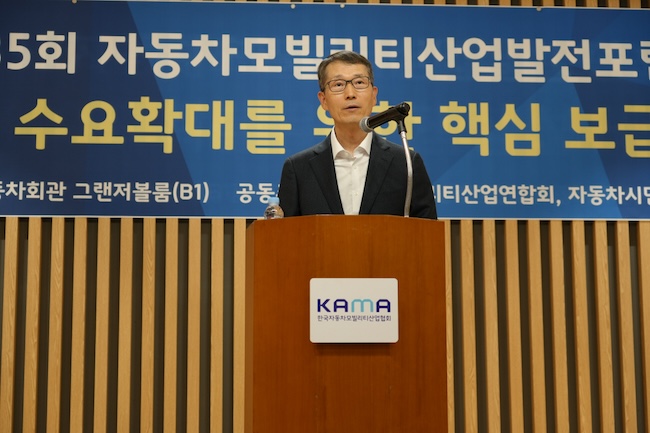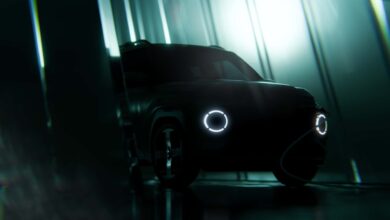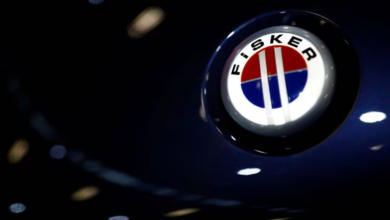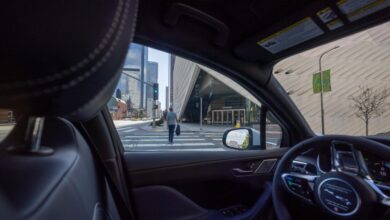South Korea Urged to Address Negative Perceptions Hindering Electric Vehicle Adoption

SEOUL, Jun. 12 (Korea Bizwire) – Efforts are underway to enhance the public perception of electric vehicles, as those who have yet to make the switch hold more negative views compared to current EV owners. This disparity in attitudes may pose a significant obstacle to the broader adoption of this environmentally friendly technology.
This issue was highlighted at an expert committee meeting convened on June 11 by the Korea Automobile & Mobility Association (KAMA) in Seoul. Themed “Improving Consumer Perceptions to Boost Electric Vehicle Demand,” the gathering focused on strategies to enhance South Korea’s future mobility competitiveness.
Presenting survey findings, Kim Sung-tae, president of the EV Users Association, revealed that while 90.6% of the 128 electric car owners polled expressed satisfaction, only 67.4% of the 401 non-owners shared this positive sentiment.
Among non-owners who showed a disinclination toward EVs, 54.5% cited “negative news reports about fires and sudden unintended acceleration” as the primary reason. Insufficient charging infrastructure (48.3%) and range anxiety for long-distance travel (34.1%) were also frequently mentioned deterrents.
“Negative perceptions of electric vehicles stem largely from prejudices and misunderstandings,” Kim asserted. He emphasized the need for closer scrutiny of unverified media content and awareness campaigns grounded in accurate information to facilitate market expansion.
Meanwhile, Jeong Yeon-je, a professor at Seoul National University of Science and Technology, raised concerns about the diminishing economic advantages of EVs compared to internal combustion engine vehicles. Factors like reduced subsidies, the phasing out of charging discounts, and slowing battery cost declines could erode the total cost of ownership benefits currently favoring electric cars.
“To overcome the potential ‘EV chasm’ of stagnating demand, it is crucial to reinstate robust subsidies and charging discounts that cement the economic superiority of electric vehicles,” Jeong advised.
Echoing this view, KAMA President Kang Nam-hoon underscored the importance of maintaining 2022 subsidy levels for the next two to three years and reviving charging discounts. He also stressed the significance of dispelling public misconceptions through effective awareness initiatives.
Kevin Lee (kevinlee@koreabizwire.com)


